Opinion: An Opportunity In Bangladesh That Can Benefit India
By Akhtar Badshah
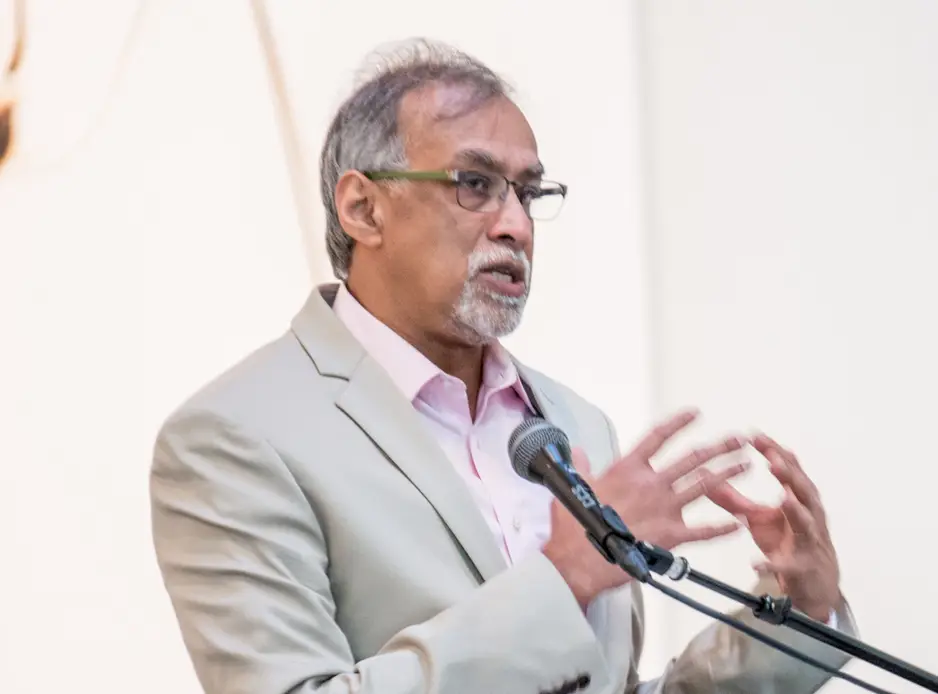
During my years working internationally from my longtime base in Seattle, I have come across many social entrepreneurs, activists, and others trying to do good for humanity. Among them, one stands out for his achievements, values, pragmatism, honesty, and energy: Nobel Peace Prize laureate Muhammad Yunus.
I was saddened in recent years when he was relentlessly persecuted by his own government, while also admiring that he never went into exile despite the threats of violence and imprisonment that dogged him for 14 long years. Conversely, I was hearted by his elevation to Interim Prime Minister on August 8 when the country, led by students whose uprising caused the prior regime to fall, asked him to serve in this critical role despite being 84 years old.
In my capacities as the head of Corporate Social Responsibility for Microsoft, a professor at the University of Washington, an adviser to leading Indian nonprofits and universities, and author, I have met many talented Bangladeshis and other civil society leaders from across the Global South. I can’t think of one person better suited than Yunus to help Bangladesh implement long-overdue reforms and facilitate a free and fair election, and in so doing bring greater stability to the South Asia region.
Since being sworn in on August 8, he has built a diverse cabinet, engaged in dialogue with all sectors of society to try to forge a national consensus, and forcefully addressed the law and order situation and the treatment of minorities, especially Hindus. He is making progress on some seemingly intractable issues. His triumphant trips to New York to address the United Nations and to Baku for COP29 included meeting with leaders including U.S. President Biden, Canadian Prime Minister Trudeau, and World Bank president Ajay Banga and many others. These diplomatic tours de force demonstrated his charisma, energy, and focus on results. Prior to going to New York he had a positive call with Indian Prime Minister Modi.
Over the years that I have known him, I have observed Yunus to be a proud Muslim and Bangladeshi who nonetheless treats people of all religions equally; he has an internationalist outlook that understands that virtually any country can be an ally of Bangladesh in a way that benefits both nations. He has been particularly engaged as a private citizen and public figure with building alliances and goodwill with the people, institutions, and governments of the United States (my home for many decades) and India (the country of my birth).
Many Indians and Indian-Americans, such as Vinod Khosla and myself, are seeing the benefits of Bangladesh being led by a secular humanist intellectual such as Yunus who understands the vital importance of good relations with India and with Bangladesh’s other South Asian neighbors. For example, under his leadership a historic agreement between India, Bangladesh and Nepal is now allowing Nepalese power to be exported to Bangladesh through the India grid.
I am confident that Yunus will prevail and return his country to its tradition of having free and fair elections as occurred in 1991, 1996, and 2008. Interestingly, whenever Bangladesh has held an election under a neutral, non-partisan, caretaker government, the party that most recently held power has lost. In every election where the party in power managed the election, that party won.
One of Yunus’ first acts as Prime Minister was to visit the family of a now-iconic martyred student named Abu Sayed who was killed by police officers to whom he posed no threat during the early stages of the uprising. True to Yunus’ commitment to following up symbolic acts with substantive ones, he has launched a private foundation focused on compensating the families of those killed in the uprising and the students and bystanders who were injured. Just this week, it became possible for friends of Bangladesh in the United States to make tax-deductible donations to the July Martyrs Memorial Foundation through Myriad USA.
Every generation or so, nations have the ability to grow through a confluence of events, leadership changes, and societal desire for a better future. Bangladesh is now in one of those moments. As a rising nation that has evolved as something akin to the Silicon Valley of social entrepreneurship, is taking care of more than one million Rohingya refugees, and is increasingly serving as a bridge between South and Southeast Asia, the international community and especially India has a strong interest in seeing the Yunus-led Interim Government succeed. I, for one, will do whatever I can, and I invite people, organizations and governments around the world to join me.
(Badshah is an expert on social impact, philanthropy, CSR and international development and an artist. He is the author of Purpose Mindset: How Microsoft Inspires Employees and Alumni to Change the World, and founder of Catalytic Innovators Group, a consulting practice focused on accelerating social impact through catalytic innovation. For ten years he was the Senior Director, Citizenship and Public Affairs, and the Head of Corporate Philanthropy at Microsoft.)

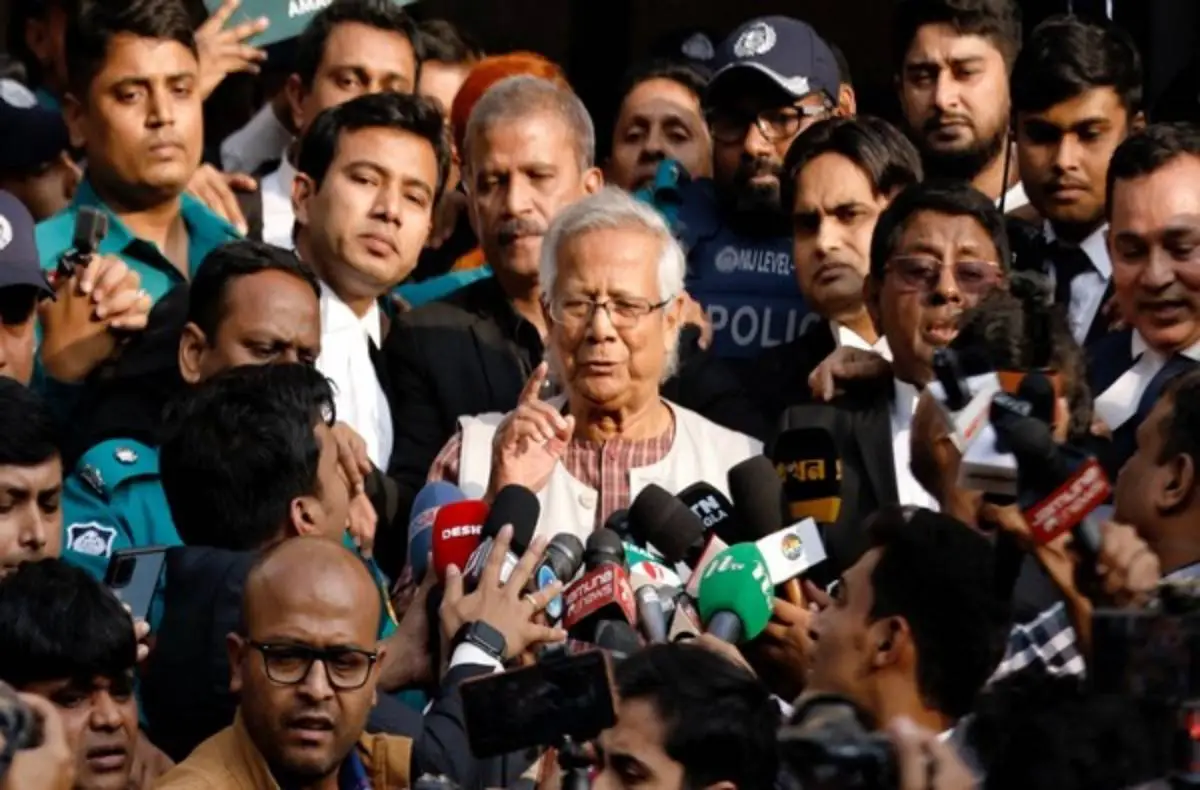
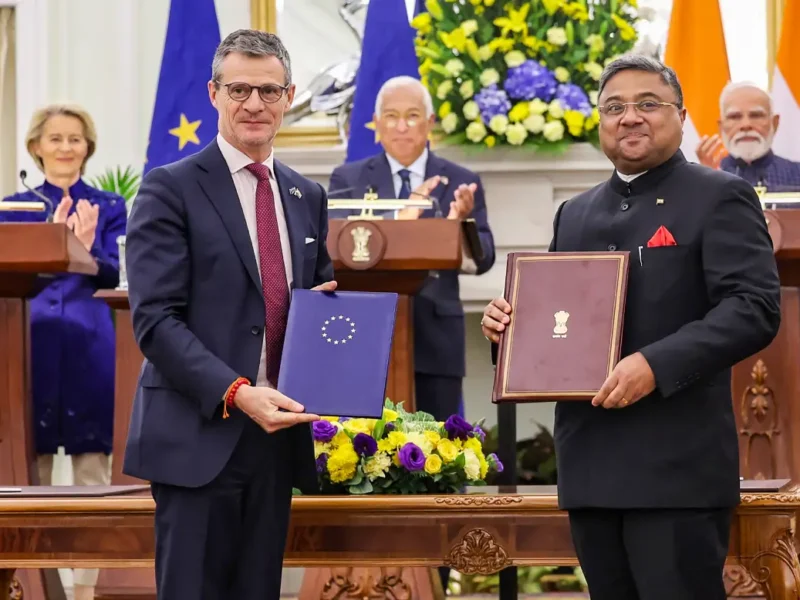
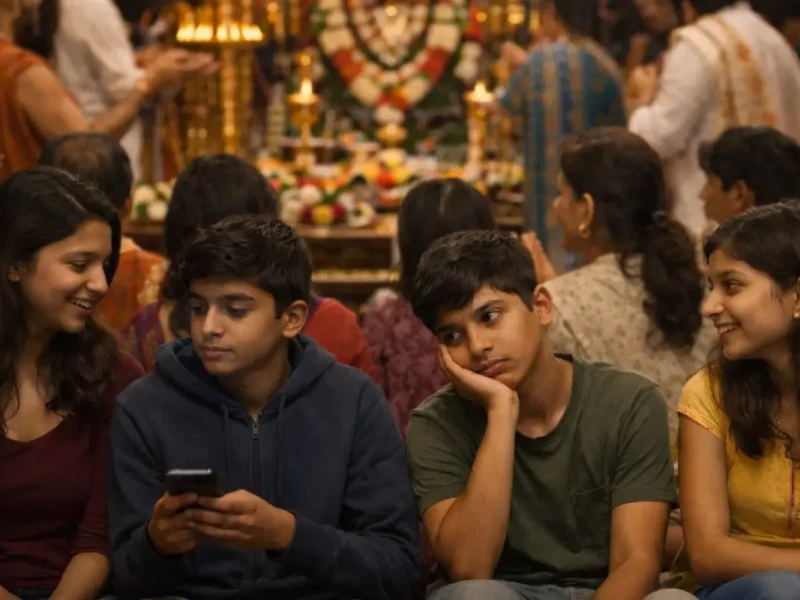
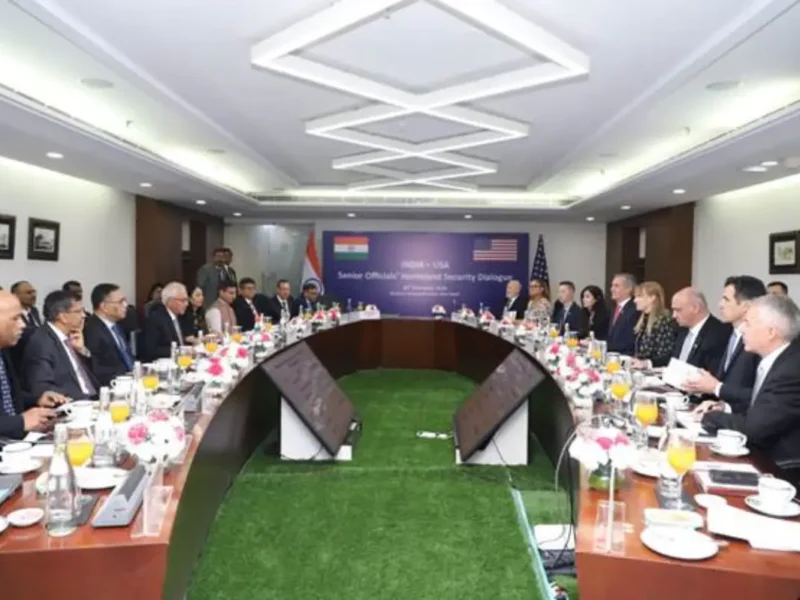
iyer
/
Not sure, is this a promotional ad piece on Yunus? to blunt criticism as Yunus has been accused to be go-between for money laundering wrt to Clinton foundation and is associated with the deep state.
May 13, 2025